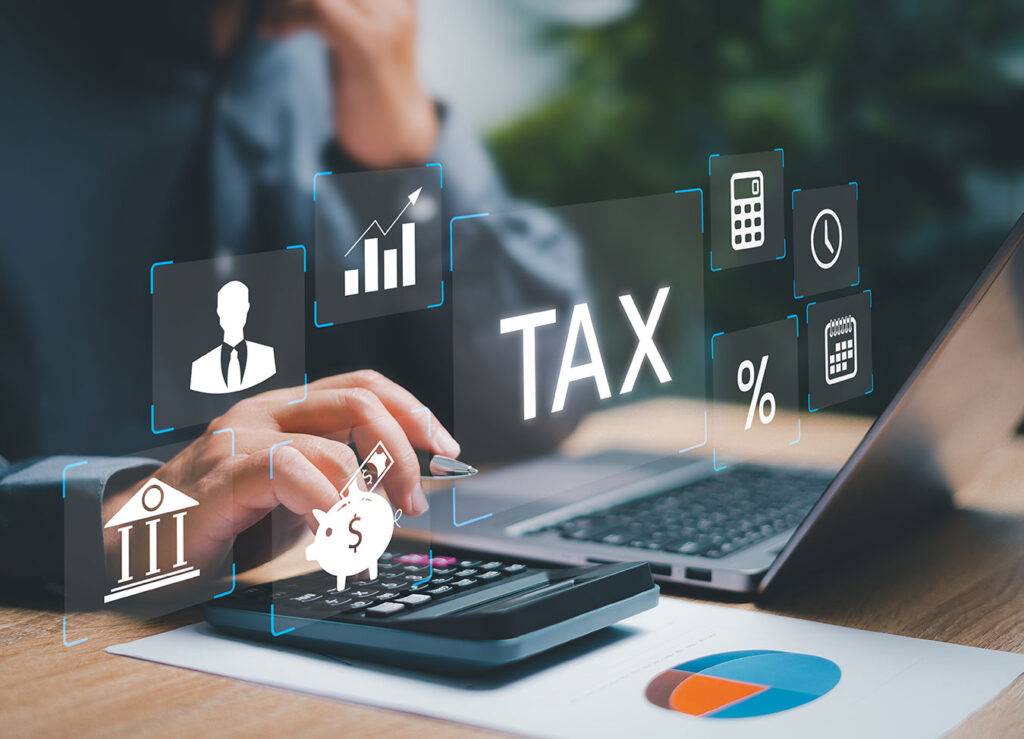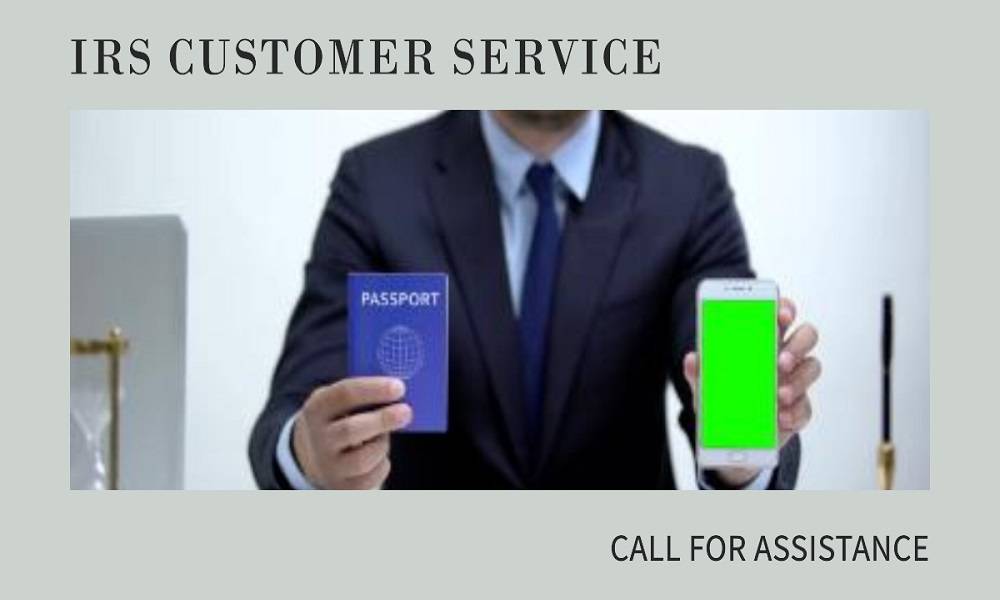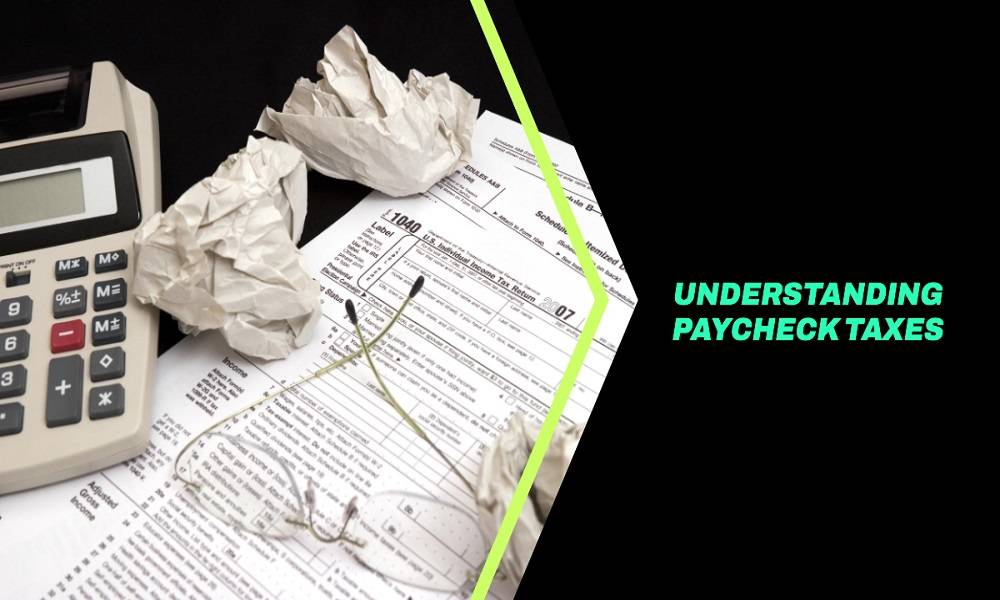Navigating Tax Season: Essential Tips from Accounting Professionals

Tax season can be overwhelming, but with the right guidance, it becomes manageable. Every year, individuals and businesses face the daunting task of preparing taxes. It’s crucial to approach this period with clarity and organization. From a business accountant in Shreveport, LA, here are essential tips to navigate tax season with ease. First, gather all necessary documents early to avoid last-minute stress. This includes income statements, receipts, and any relevant financial records. Second, double-check entries to ensure accuracy and prevent costly errors. Lastly, consider consulting with a professional for complex issues or if you have questions. These steps can save time and reduce anxiety. Remember, preparation is key to a smooth tax season. By staying organized and informed, you can tackle your taxes with confidence. Whether it’s understanding deductions or filing deadlines, these insights will help make the process more straightforward.
Organizing Your Documents
Start by setting up a designated space for all tax-related documents. This space should be accessible and organized. Create folders for different categories such as income, expenses, and deductions. Consistency in filing documents throughout the year reduces stress when tax season arrives.
Understanding Deductions
Deductions can significantly reduce your tax liability. Common deductions include mortgage interest, medical expenses, and charitable contributions. Make sure you have receipts and documentation to support each deduction. For a detailed list of deductions, refer to the IRS website. Knowing which deductions apply to you can lead to savings.
Important Deadlines
Keeping track of deadlines is essential. Missing a tax deadline can result in penalties and interest charges. For most individuals, the federal tax filing deadline is April 15. However, if you need an extension, file Form 4868 to extend your deadline to October 15. Note that an extension to file is not an extension to pay any taxes owed.

Choosing the Right Filing Method
Decide whether to file your taxes electronically or by mail. Filing electronically is faster and more secure. The IRS confirms receipt of e-filed returns within 24 hours. Additionally, you can use direct deposit to receive refunds quickly. On the other hand, paper filing might be necessary for certain forms or situations.
Comparison of Filing Methods
| Filing Method | Pros | Cons |
|---|---|---|
| Electronic Filing | Fast confirmation, quicker refunds, more secure | Requires internet access, may have fees |
| Paper Filing | No need for technology, some prefer physical copies | Slower processing, risk of mail delays |
Consulting Professionals
For complex tax situations, seeking professional help can be wise. Tax professionals offer expertise that can be valuable for understanding complicated tax laws or maximizing deductions. When choosing an accountant, ensure they are a certified professional with relevant experience. For more on selecting a tax professional, see the IRS guidelines.
Reviewing and Adjusting Withholdings
After filing, review your tax situation to adjust withholdings if necessary. This ensures you are not overpaying or underpaying taxes throughout the year. Use the IRS Withholding Calculator to help determine the right amount to withhold from your paycheck.
Staying Informed
Tax laws can change. Stay informed by checking updates from trusted sources like the IRS or your tax professional. Being aware of new deductions, credits, and regulations can improve your tax planning strategy.
Final Thoughts
Navigating tax season doesn’t have to be stressful. By organizing documents, understanding deductions, and keeping track of deadlines, you can simplify the process. Choosing the right filing method and considering professional help can also make a difference. Adjust your withholdings as needed and stay informed about tax law changes. With these strategies, tax season becomes less daunting and more routine.










